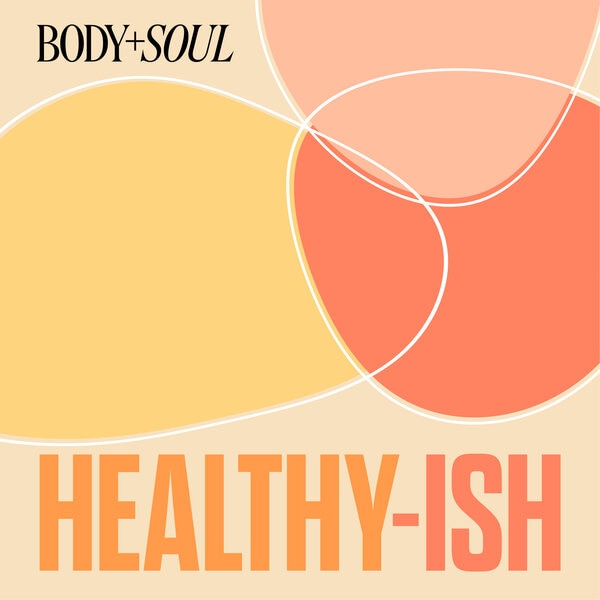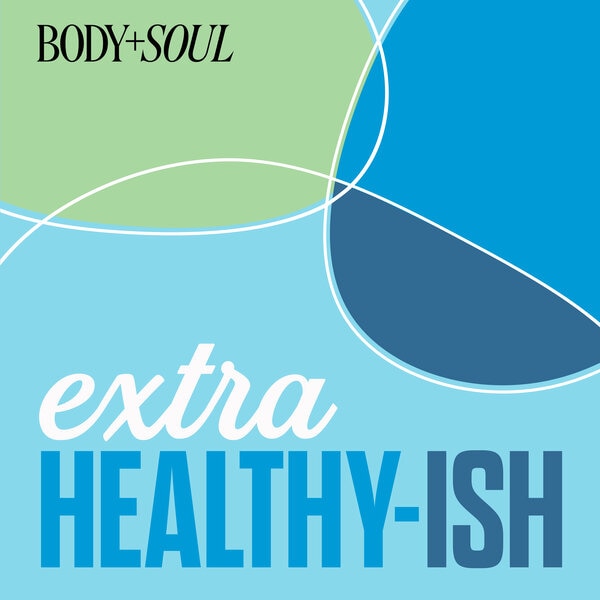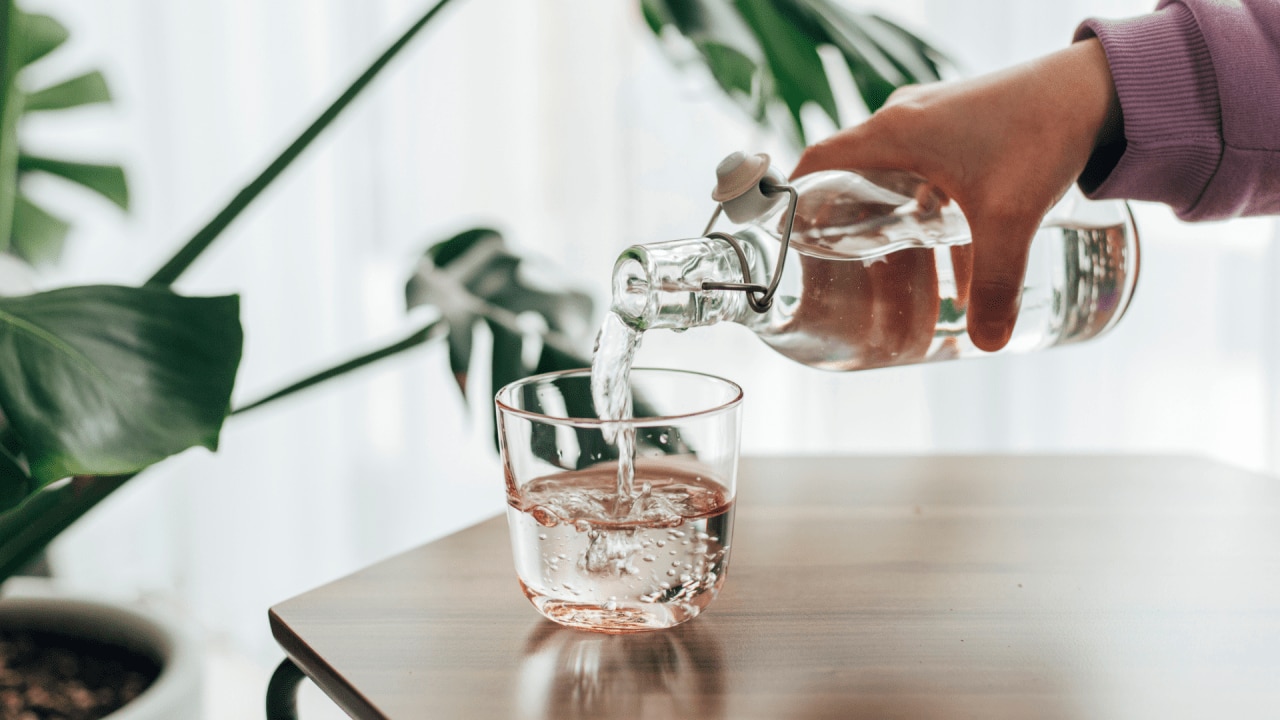With just over three weeks of 2023 left to go, this has been the hottest year in Australia to date. And given we’re about to go into our hottest summer on record too, it’s safe to say the next couple of months are going to be anything but a walk in the park.
As veterans of hot days, most Australians have some sort of hot weather routine, be it sitting in front of the air conditioning for hours on end, pointing a fan at their face while they sleep, or visiting their local ice cream shop several times a week.
But research shows there’s one thing we’re not doing when the weather warms up, and it can have significant impacts on our health.
Like what you see? Sign up to our bodyandsoul.com.au newsletter for more stories like this.
According to new research from Hydralyte, 72 per cent of Australians experience dehydration after a day spent in the sun, yet 82 per cent do not drink the recommended 8-10 glasses of water a day.
Almost a third of respondents (31.8 per cent) said they drink three or fewer glasses of water per day, which isn’t even close to being enough during winter, let alone in the height of summer when temperatures are pushing 30 degrees.
What many people don’t understand is that dehydration isn’t just a dry throat or cracked lips, they’re merely symptoms of a greater problem – that your body doesn’t have the right amount of liquid to carry out its necessary processes.
“Staying hydrated can be difficult as we go about our busy lives, but it’s crucial for overall health and well-being,” says Dr Brad McKay. “Hydration is essential for regulating body temperature, helps us remain physically active in the heat, and maintains our brain’s ability to function on a hot day.”
Not staying hydrated can lead to severe illness, which can land you in hospital needing fluid to replenish your water stores, or to treat other illnesses as a byproduct of dehydration.
We tapped Dr McKay to answer our burning hot questions about dehydration, including his top tips for avoiding it.
What causes dehydration?
Spending time in the sun or heat is one of the biggest culprits of dehydration, but it’s certainly not the only one.
Exercise leads to dehydration from sweat, as do some medical conditions like “diabetes, kidney impairment, and some heart conditions, which can affect fluid balance,” says McKay.
“Pregnancy and breastfeeding can also quickly lead to dehydration, as can infections that cause a fever, vomiting, or diarrhoea, which can lead to rapid fluid loss,” he continues.
“Certain medications, alcohol, caffeine and some supplements can also encourage your kidneys to produce more urine than usual, leading to dehydration.
Food with a high sodium content also causes dehydration, as when there are more salt molecules, your body is forced to pull water content from other cells via osmosis, to keep the body in homeostasis.
Why is dehydration so dangerous?
Other than it feeling awful, dehydration means your body is not adequately hydrated to do its job. Many of the chemical processes that happen in our bodies require water to happen, and without enough H2O, our systems take a hit.
“Your body needs just the right amount of fluid to work properly, otherwise your health can suffer,” says McKay.
That’s particularly important on hot days because being dehydrated makes it hard to cool down.
“It’s common to feel faint or lightheaded if you haven’t been drinking enough fluid in a warm environment,” he says. “When you’re too dry to produce sweat, you’ll easily overheat.”
And why it may not sound severe, “Dehydration can also be life-threatening in extreme cases. This could lead to kidney damage, cause an individual to collapse, or even experience a seizure,” he continues.
“Urgent situations require urgent rehydration, either in the form of oral rehydration solutions or intravenous fluid, if you end up in hospital.
How can you tell if you’re dehydrated?
There are a few key signs that indicate you might be dehydrated.
“When your lips feel chapped and your throat is dry, you’re already dehydrated,” says McKay.
“Whenever you’re feeling thirsty, get a parched throat, or notice dry lips, this generally means it’s time to rehydrate.”
Other symptoms may include headaches, fatigue, dark urine, and even cramps, dizziness or unsteadiness, per the Mayo Clinic.
“Instead of holding off all day and then guzzling a few litres of water at night time, it’s better to have regular sips of fluid over the day,” says McKay. “Pay attention to your body’s signals. Drink water or consider oral rehydration solutions for rapid rehydration” – such as hydralyte, electrolytes, or sports drinks like Gatorade and Powerade.
What happens if you get dehydrated regularly?
“A constant state of dehydration can be tough on your body,” says McKay. “It can make you feel tired, grumpy and confused.
“Regular dehydration can also make it difficult to concentrate, and can affect your memory. It can take longer to complete tasks and you’ll be less productive.”
We also know that our skin loves moisture – hence most of us lather ourselves in hyaluronic acid every night. Dehydration not only leads to less radiant complexions and healthy skin barriers, but it will also speed up ageing processes.
Same goes for our kidneys, and if dehydration is severe it can affect our kidneys, sometimes even permanently.
“So, it’s important to drink plenty of fluid if you want to keep your body healthy and well,” says McKay.
How often do you need to drink water to stay adequately hydrated?
“The frequency and amount of fluid your body needs each day depends on several factors, including how physically active you are, your general health, how old you are, and what environment you’re in,” says McKay. “Everyone is different, so there’s no specific number of times you need to drink throughout the day.”
As a rough guide, many people aim to drink eight glasses of fluid each day. While others aim for at least two litres.
“The amount of fluid your body needs each day varies greatly based on the climate you’re in,” says McKay. In cooler climates you won’t need to drink as much as you won’t sweat as much, whereas in the summer you’ll need to stock up on your water stores.
What are the best ways to rehydrate?
Almost half (44 per cent) of Aussies believe the myth that water is the only way to rehydrate, but while water does a great job at hydrating, it’s not the only solution.
Earlier this year, researchers at St. Andrews’ School of Medicine found that beverages with a little bit of sugar, fat or protein keep us hydrated for longer. On the one hand, these drinks tend to be higher in volume, meaning you drink more than you do when it’s plain water.
But on the other hand, sugar, lactose, protein and fat “help to slow the emptying of fluid from the stomach and keep hydration happening over a longer period,” per CNN.
So, keeping water at your desk or in a reusable water bottle when you’re on the go is your best bet, but coffee, tea and milk-based drinks add to your tally too.
Eating fruit and vegetables with a high water content can help rehydrate too, as do fruit and vegetable juices.
5 tips for avoiding dehydration this summer
Are you guilty of forgetting to stay on top of your water intake? Here are Dr McKay’s tips for avoiding dehydration this summer.
#1. Drink up
Make sure you’re drinking regularly, and clocking at least eight glasses of water a day, or more as needed. If you’re in the heat, exercising or sweating excessively, then be sure to drink more to make up for it.
#2. Rapid rehydration
If you’re dehydrated, then consider a rapid rehydration solution, which work even faster than water.
#3. Avoid caffeine and alcohol
Caffeinated drinks and alcohol aren’t great if you’re dehydrated. They act as diuretics and you can urinate more fluid than you’re consuming.
#4 Set an alarm
This is an easy way to remind yourself to drink water at regular intervals during the day. Or if you don’t want to set an alarm, then decide on certain times throughout the day when you’ll drink up.
#5. Use reusable bottles
Carrying a bottle means you have access to water all the time, rather than relying on bubblers or buying bottles while you’re out. It’s better for the environment, too.


